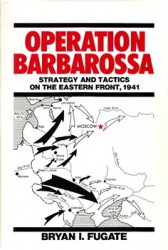From 1272 to 1275, the Faculty of Arts in Paris was divided into two groups, each claiming to be the legitimate leader of the University. A dissident minority had promoted Siger of Brabant as Rector and head of Paris University due to his strong personality. Indeed the manuscripts speak of the pars Sigieri. For some historians, it was his strong philosophical ideas that made Siger a leader. At the source of tension was the bold thesis that Siger wanted to free the Faculty of Arts from the dominance of theology, and free reason from any control of faith. According to other historians, such as R.-A. Gauthier, the crisis was purely institutional, without doctrinal issue, and Siger was never the leader of any ‘‘Averroistic sect.’’
In addition to logic texts, two books from this period are in direct response to the debates of the 1270s, namely the De aeternitate mundi and De anima intellectiva. Alongside the Quaestiones naturales et morales, they are the four published parts of the Quaestiones in metaphysicam, which focus on the heart of the debate, namely the relationship between philosophy and theology.
The chronology of the writings of Siger is decisive here, because it shows a profound evolution of the question of the unity of the intellect. Under the effect of the first censure by the Bishop of Paris, dated to December 10, 1270, and particularly under the influence of Thomas Aquinas’ De unitate intellectus, Siger approaches Thomas’ position to the point of rejecting his earlier ideas on Aristotle’s interpretation and the unity of the intellect. However, we must be careful not to assume that this evolution affects all of his thinking.




 World History
World History









